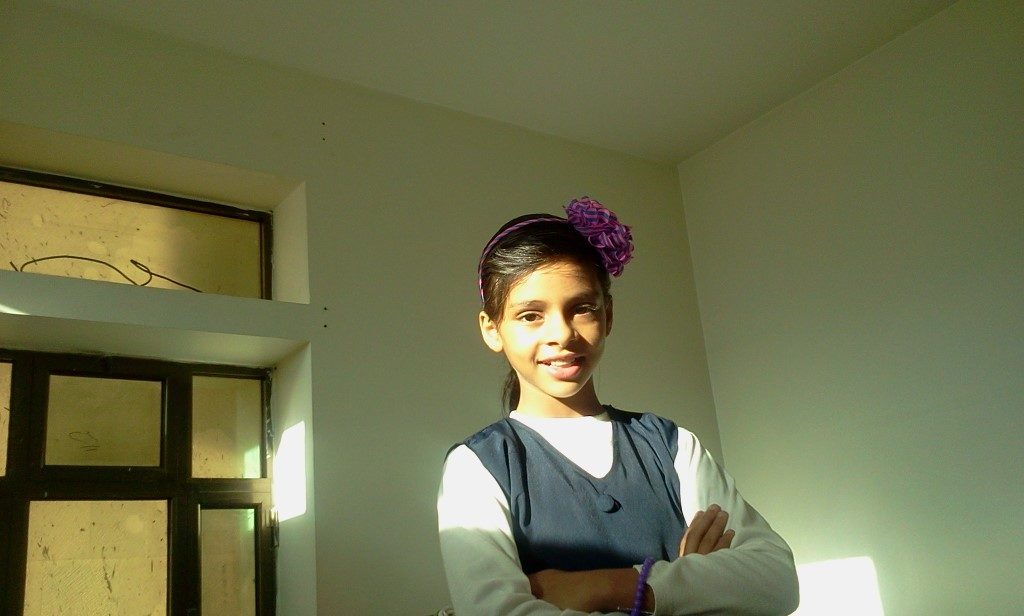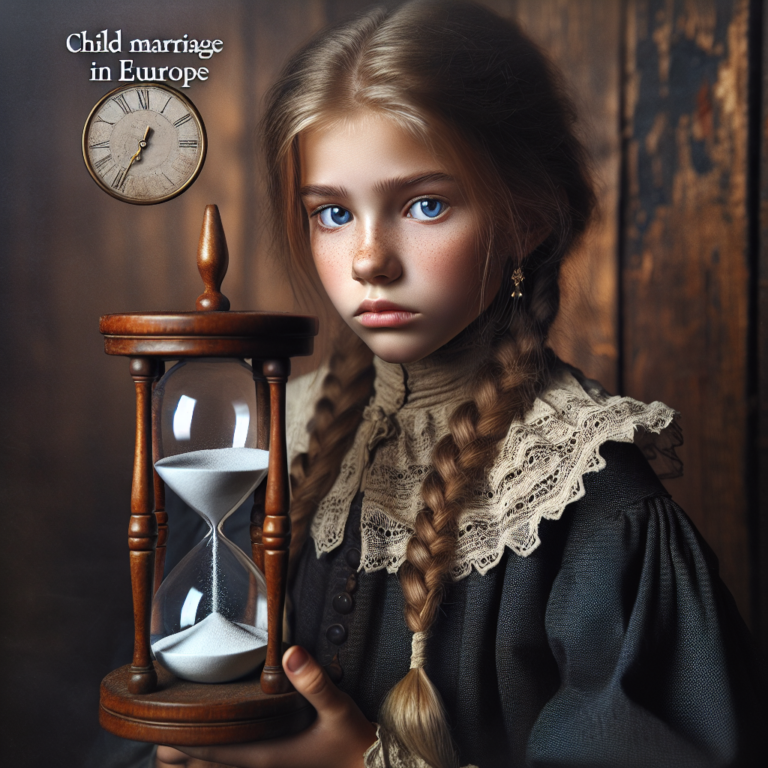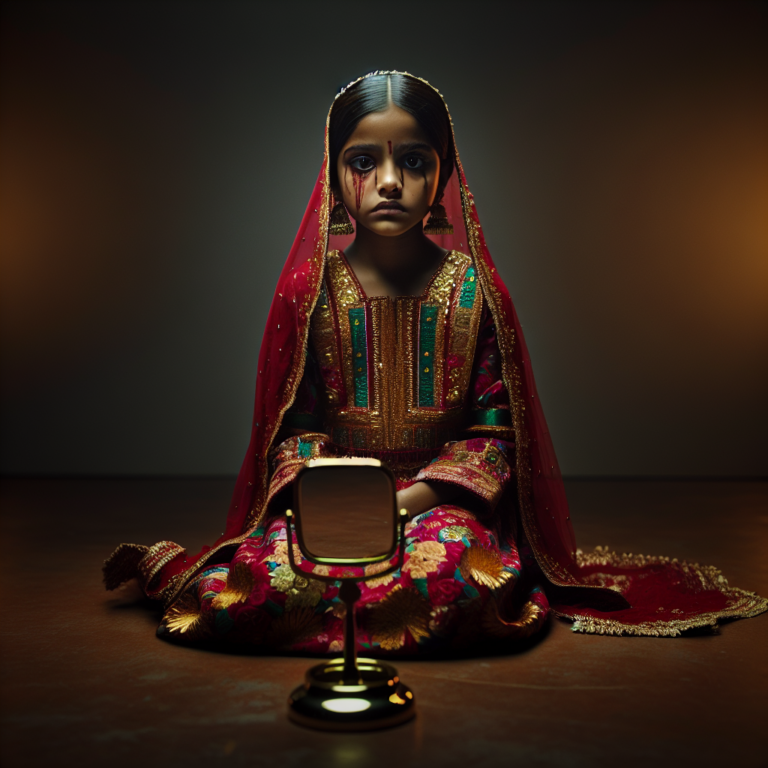In general, divorce is governed by individual state laws. The requirements are worded differently in each jurisprudence. However, when it comes to child custody, the factors the court will consider are pretty consistent. Here are a few things the judge will look at if he or she is called upon to determine what is in the best interests of a child whose parents are divorcing. Each state lists factors that its courts must consider in a child custody dispute. Here are 3 of the more common ones:
1. The age and gender of the child can have some bearing on where he or she should be placed. A 3 year old boy might be equally well placed with his mother or father, while a a 12 year old brother may need his father's firm hand. A small girl may adjust well to either parent's home, but her older sister may need understanding from a woman who has had similar experiences growing up female.
2. The child's preferences can be considered. The judge can take evidence from a boy or girl who is old enough to understand the seriousness of the decision being made. If he is a mature 10 year old who wants to live with his dad, the judge would take his reasons more seriously than if he is a spoiled brat who only interest is budding up to the parent who gives him his own way. The child does not get to pick where he will live, but his preferences can be relevant to the final custodian decision.
3. The child's relationship with other people in his parents' relative homes is important. If Dad lives with a new woman the child does not like, he may be placed with his mother. If she feels better understood by her mother than her father, she will probably be placed with her mom. If the child is too immature to have a well thought opinion, the judge would not emphasize this factor in reaching a decision.
No one factor is more important than others in a child custody dispute. Most times, both parents meet any criteria the judge cares to impose. In addition, the judge is not limited to the considerations set out in your state's child custody laws. However, if one of the parents is more qualified to be responsible for the children under the statute, he or she is most likely to be awarded custody.
Source by Lucille C Uttermohlen








